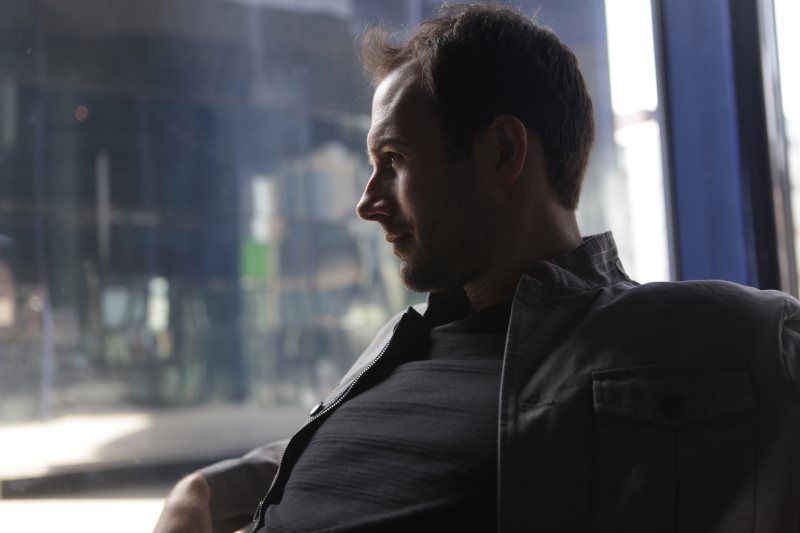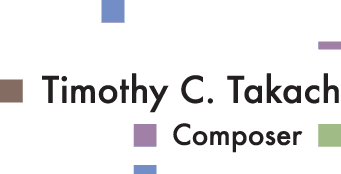
AN ALCHEMY IN THE BONES (2017)
SATB, flute, bass drum, harp, piano
Commissioned by the Rhodes College Endowment, made possible by a bequest from John Murry Springfield ‘51 that funds the annual Springfield Music Lectures.
Secular
Choral score
$1.60 per copy (you are buying a digital license)
Text:
The first element is fire.
The second, seed.
The third, blood.
The fourth, danger.
The fifth, desire.
My bones have grown mouths,
have grown paths,
have grown rivers
of lead transformed,
and I am coursed through
with a better, killing blood,
and my bones are singing
their songs of lives lived in flames.
Teach me to wear fire.
Teach me to transmute
every stinging cell until
I am covered in flowers.
- William Reichard
- Used with permission
From the Composer:
There’s a pretty easy trap to fall into as a composer, and it finds us writing a lot of slow pretty music. The reasons are many, and valid: choirs sound great singing slow and beautiful (as long as their vowels match!), one musical idea can stretch pretty far, conductors seem to be drawn to it, and also, in a 4-5 minute piece, it’s a lot less notes to write!
I’ve been on a personal quest to try to avoid that trap, and find the chances to write faster, energetic, rhtyhmicaly driven music, and this is step along that journey. When you read the poem by William Reichard (you have, haven’t you? Take a minute to do it, then come back), there’s a lot of energy in his word choice. The close proximity of consonants, the images present and his main ideas all beg for forward momentum. Also, transmutation and alchemy are processes which turn one material into something else. Bill has written a poem about survival, about something ordinary being turned into something extraordinary. This takes energy.
At first glance the instrumentation has a softer feel to it, because of our bias about what these instruments usually play. And so in this piece I tried to take the ordinary and turn it into something extraordinary. The harp gives us a driving ostinato, the flute rarely gives us a a legato line, the piano is more percussive than soothing, and the bass drum roots all this in the earth.
- Timothy C. Takach, 2017
